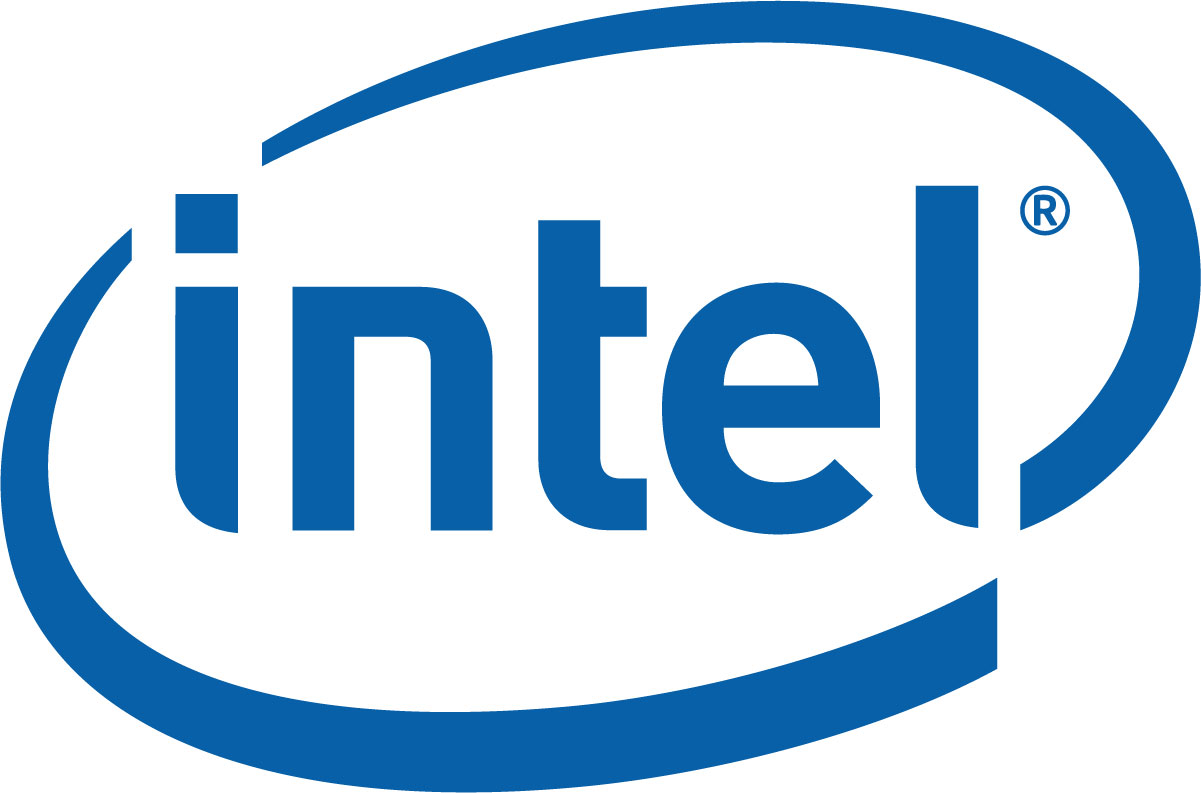Intel CEO Says That 4G Will Be Integrated into SoCs
Eventually Intel will produce Atom SoCs with built-in 4G support.
Get Tom's Hardware's best news and in-depth reviews, straight to your inbox.
You are now subscribed
Your newsletter sign-up was successful
Intel CEO Paul Otellini reportedly said during the most recent conference call with financial analysts that wireless wide area network (WWAN) functionality will be integrated into its SoCs developed from smartphones and tablets. This would seemingly help Intel distinguish its SoC solution from ARM's non-x86 design which is currently used in chips offered by Nvidia, Qualcomm and others.
"Over time, what we will want to do is grow [Infineon wireless technology] capability up by integrating the apps processor and the communication processors onto the same chip, while we drive our initial positions in apps processors from the top down," Otellini said.
Intel's acquisition of Infineon was completed almost a year ago. "The business enhances Intel’s existing communication portfolio with leading wireless mobility and cellular platforms, bringing together Intel’s strengths in WiFi and 4G WiMAX with WLS’ leadership in 2G and 3G, and a combined path to accelerate 4G LTE," the company said in a press release.
The new wireless business will now be called Intel Mobile Communications (IMC) and will operate as a standalone business entity within Intel’s Architecture Group to enable continuity of existing customer sales, projects and support, including ARM-based products, Intel said.
On Thursday during the conference call, Intel reported record revenue and profits for 2011 even though it saw a slight slowdown during the fourth quarter. The company said net revenues climbed 24-percent to $54.0 billion for the 12 months to December 31, net income was up 12.9-percent to $12.9 billion, and earnings per share rose 19-percent to $2.39. Revenues were boosted by acquisitions of McAfee and the Infineon wireless division earlier this year, the company said.
So when will Intel's 4G-integrated Atom chips hit the market? Intel declined to comment, so stay tuned.
Get Tom's Hardware's best news and in-depth reviews, straight to your inbox.

Kevin Parrish has over a decade of experience as a writer, editor, and product tester. His work focused on computer hardware, networking equipment, smartphones, tablets, gaming consoles, and other internet-connected devices. His work has appeared in Tom's Hardware, Tom's Guide, Maximum PC, Digital Trends, Android Authority, How-To Geek, Lifewire, and others.
-
ajay_vishvanathan Intel!!! Patent this one fast!!! IBM and Apple are catching up!!! :PReply
btw this good.. insert your SIM card in your laptop/netbook, you are good to go without a phone.. how about GPS ?? -
captaincharisma ajay_vishvanathanIntel!!! Patent this one fast!!! IBM and Apple are catching up!!! btw this good.. insert your SIM card in your laptop/netbook, you are good to go without a phone.. how about GPS ??Reply
unless they start adding some type of built in headset to laptops that idea is totally pointless
-
bigo65 captaincharismaunless they start adding some type of built in headset to laptops that idea is totally pointlessReply
Since LTE data is of no use whatsoever without a headset... -
v3nom777 captaincharismaunless they start adding some type of built in headset to laptops that idea is totally pointlessReply
Most laptops now have Microphones built in with the camera. -
Stardude82 schizofrogBut it isn't x86 compatible.Reply
So, Windows 8 runs on ARM and most mobile development has been done for ARM.
It does seem to be the case that the next Snapdragon iteration will have most wireless done on-chip. This is doesn't seem like Intel is being a leader, but just following the trend. -
fancarolina Seems to me they would be better off integrating 802.11ac on the chip. Leave the 4G, 3G, WiMax, flavor of the month on another chip so you can just swap it out when you want the new tech.Reply -
g00fysmiley stardude82So, Windows 8 runs on ARM and most mobile development has been done for ARM.It does seem to be the case that the next Snapdragon iteration will have most wireless done on-chip. This is doesn't seem like Intel is being a leader, but just following the trend.Reply
a valid point, but only half of one.
while windows 8 will work on x86 and ARM only the x86 vertion will support x86 applications. so unless the number of ARM compatable programs grows alot you'll still be limited. an ARM tablet or phone with windows 8 will be nice, but a laptop or even a desktop would be severly limited in functionality for some until compatable programs come out for ARM.
Hopefully it does bcome the norm though for software companies to release x86 and ARM varients, but my hopes to run some of my older games and programs with ARM are unlikely. hope it does happen though. competition is always good I'm just not convinced it will work out that way
